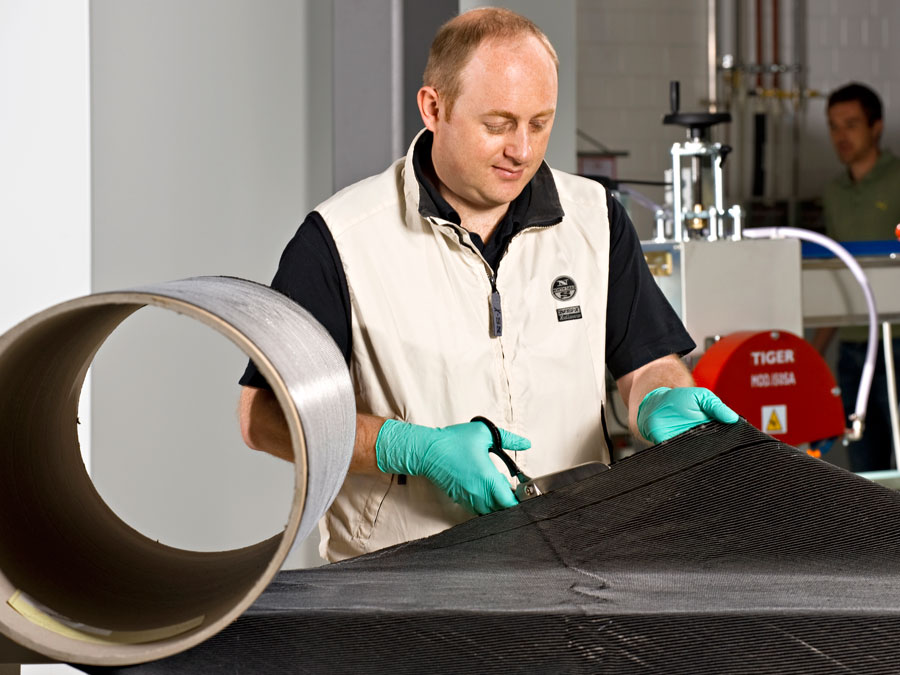TUM Asia enters into cooperation with Singaporean partners on composite technology
New center for carbon-composite materials in Singapore

Carbon fibers are an extremely important material in key sectors of the economy, such as the automobile industry, aeronautics and wind power. With the SGL Group endowed Institute for Carbon Composites and its participation in the M A I Carbon leading-edge cluster, TUM has occupied a prominent role in research into composite technology in recent years. The TUM is now planning to step up its commitment in cooperation with leading Singaporean partners. The future Composite Technology Laboratory will focus its research and lecturing activities on practical application and promote start-up companies.
The Memorandum of Understanding signing ceremony was graced today by the Bavarian State Minister of Sciences, Dr. Wolfgang Heubisch, and the Singaporean Senior Parliamentary Secretary, Ministry of Education and Ministry of Communications and Information, Sim Ann.
TUM is present in Singapore for ten years
Professor Liqiu Meng, TUM Senior Vice President said, “Carbon Composites and Fibers are seen worldwide as an outstanding technology with a tremendous impact in engineering, construction, and mobility. Bavaria and TUM have over the last years invested considerably in research, development, training in this new technology, making both, Bavaria and TUM, first movers internationally in this breathtaking new area”.
In 2002 TUM became the first German university to set up an offshore campus. Since then, over 300 students from across the globe have graduated from TUM Asia. Over the last two years, scientists from Munich have also been involved in a high-profile research project – TUM CREATE Center of Electromobility in Mega Cities. The Singaporean Campus for Research Excellence and Technological Enterprise (CREATE) brings together representatives from leading universities. TUM is collaborating with Singapore’s Nanyang Technological University (NTU) on the development of an electric taxi for megacities.